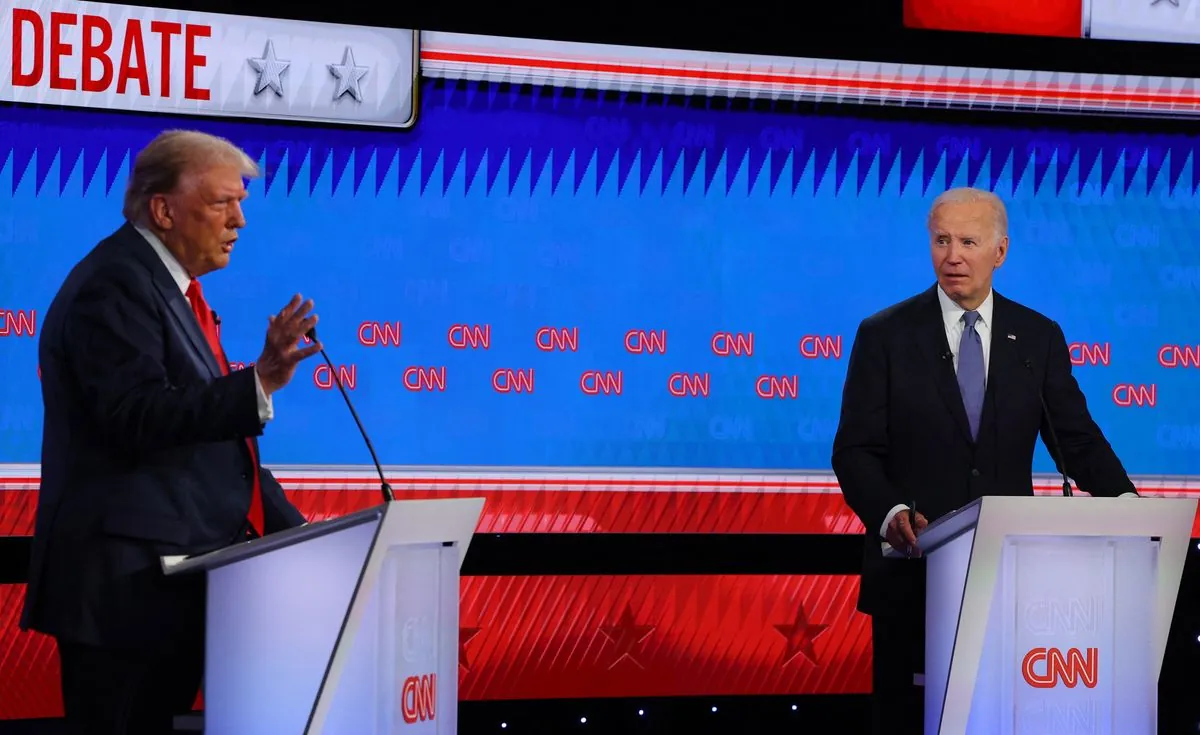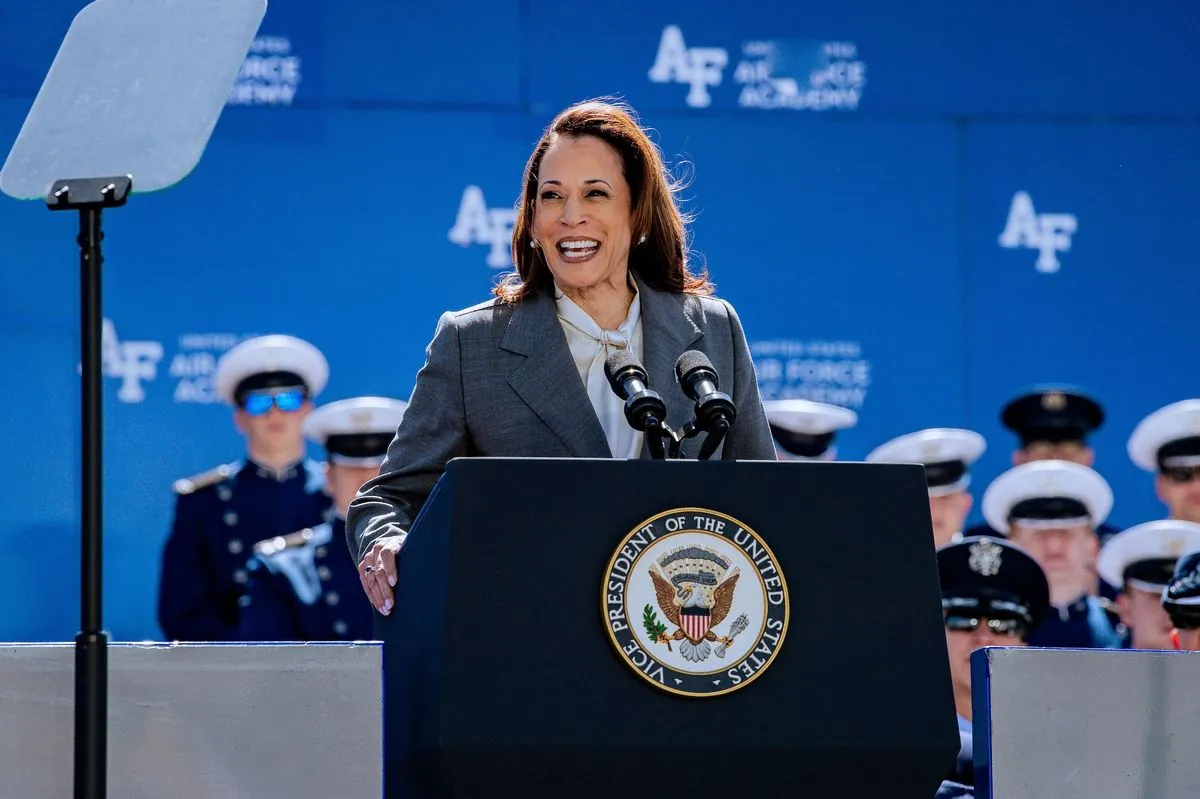Harris and Trump Camps Weigh Second Debate After Mixed Reactions
Following the first presidential debate, both campaigns assess performance and consider a rematch. Harris team sees opportunity, while Trump allies express mixed views on another face-off.

In the aftermath of the first presidential debate between Donald Trump and Kamala Harris, both campaigns are evaluating their performance and contemplating the possibility of a second face-off. The event, which took place on September 10, 2024, has sparked discussions about campaign strategies and voter outreach with just seven weeks remaining until Election Day.
Harris's team views a potential second debate as an opportunity to further introduce the vice president to voters who may not be reached through traditional campaign methods. A campaign insider, speaking anonymously, stated, "We aim to maximize opportunities to present her message, given the historically brief campaign period."

On the other hand, Trump's allies are divided on the prospect of a rematch. While some advisers advocate for another debate, others express reservations, suggesting that it should only occur if hosted by a network perceived as favorable to the former president.
The debate, watched by over 67 million viewers according to Nielsen ratings, has had a significant impact on the presidential race. Polls conducted immediately after the event indicate a favorable outcome for Harris. A CNN poll showed her winning 63% to 37% among debate-watchers, while a YouGov survey of registered voters who viewed at least part of the debate gave her a 54% to 31% advantage.
Trump has publicly claimed victory, taking to his Truth Social platform to dismiss calls for a rematch. However, some of his close associates privately acknowledge that his performance left room for improvement, particularly when he became distracted by topics such as rally attendance figures.
The Harris campaign's debate preparation involved crafting responses designed to provoke reactions from Trump. This strategy appeared effective, as the former president became visibly agitated when Harris mentioned sensitive subjects like his inheritance and legal challenges.
"It's a little bit surprising that instead of talking about her vision and record for America, she attacked Donald Trump. Absolutely, they want to make it about Trump. They don't want to make it about her failed record."
As both campaigns plot their next moves, they are considering various strategies to reach voters. The Harris team is exploring innovative advertising methods, including taxi ads in Philadelphia and drone light shows. They are also discussing the possibility of purchasing a large prime-time block on major networks in key states, a tactic employed by Barack Obama in the final weeks of his 2008 campaign.
The debate has highlighted the importance of candidate performance and public perception in shaping the race. With the election outcome still uncertain, both campaigns are likely to intensify their efforts to sway undecided voters and energize their bases in the coming weeks.
As negotiations for a potential second debate continue, the presidential race remains highly competitive, with each candidate seeking to capitalize on their strengths and address their weaknesses in the final stretch of this truncated campaign season.


































